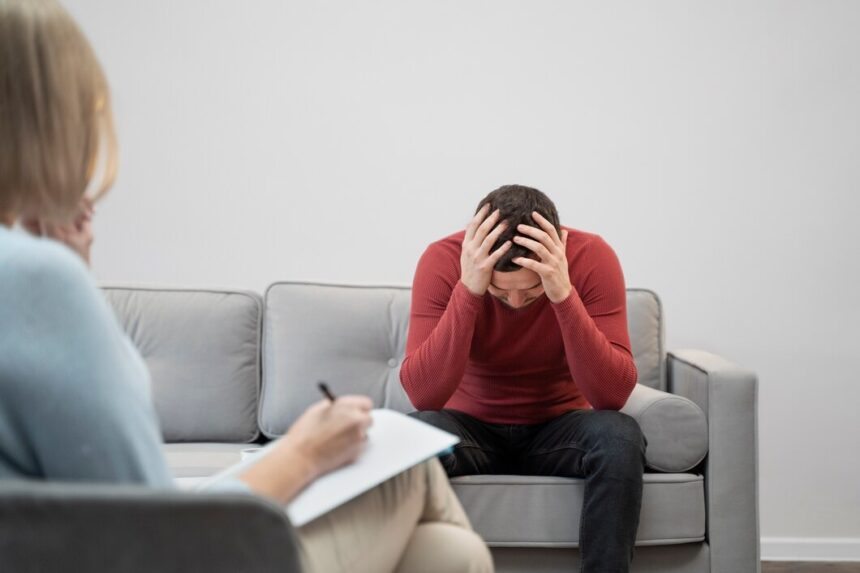Post-Traumatic Stress Disorder (PTSD) is a mental health condition that can occur after experiencing or witnessing a traumatic event. It is important to recognize the early signs and symptoms of PTSD, as timely intervention can significantly improve recovery outcomes. Here’s an overview of the early indicators of PTSD.
1. Intrusive Thoughts and Memories
One of the hallmark symptoms of PTSD is the presence of intrusive thoughts or memories related to the traumatic event. Individuals may experience flashbacks, nightmares, or distressing recollections that can make it difficult to focus on everyday activities. These memories can be triggered by reminders of the trauma, leading to intense emotional reactions.
2. Avoidance Behaviors
People with PTSD often engage in avoidance behaviors to escape reminders of the traumatic experience. This may involve avoiding places, people, or activities that remind them of the event. They may also avoid discussing the trauma or expressing their feelings about it. This avoidance can lead to social withdrawal and isolation, impacting relationships and daily functioning.
3. Hyperarousal
Hyperarousal refers to an exaggerated state of alertness that can result from PTSD. Individuals may experience symptoms such as difficulty sleeping, irritability, angry outbursts, difficulty concentrating, and being easily startled. This heightened state of anxiety can interfere with daily life and contribute to feelings of restlessness or being on edge.
4. Emotional Numbness
Many individuals with PTSD report feelings of emotional numbness or detachment. They may find it challenging to experience joy, love, or connection with others. This emotional blunting can lead to a sense of alienation from friends and family, further exacerbating feelings of loneliness and despair.
5. Negative Changes in Mood and Cognition
PTSD can cause significant shifts in mood and cognitive function. Individuals may experience persistent negative thoughts about themselves or others, feelings of guilt or shame, and a pervasive sense of hopelessness. They may also struggle with memory issues, including difficulty recalling specific details about the traumatic event or concentrating on tasks.
6. Physical Symptoms
PTSD can manifest through various physical symptoms. Individuals may experience headaches, stomachaches, fatigue, or other unexplained physical complaints. These symptoms can arise from the body’s stress response, which can remain activated long after the traumatic event.
7. Changes in Behavior
Changes in behavior can be an early indicator of PTSD. Individuals may engage in risk-taking behaviors, substance abuse, or self-destructive actions as a way to cope with their distress. They might also withdraw from activities they once enjoyed, leading to a decline in their overall quality of life.
8. Difficulty with Relationships
PTSD can strain interpersonal relationships. Individuals may find it challenging to trust others, leading to conflicts or misunderstandings with friends, family, or romantic partners. Emotional detachment and avoidance behaviors can further complicate these relationships, making it difficult to maintain social connections.
Recognizing the early signs and symptoms of PTSD is crucial for seeking help and support. If you or someone you know is experiencing these symptoms following a traumatic event, it is essential to reach out to a mental health professional. Early intervention can lead to effective treatment options, including therapy and support groups, which can aid in the healing process. Understanding and acknowledging PTSD is the first step towards recovery, allowing individuals to reclaim their lives and move forward.










